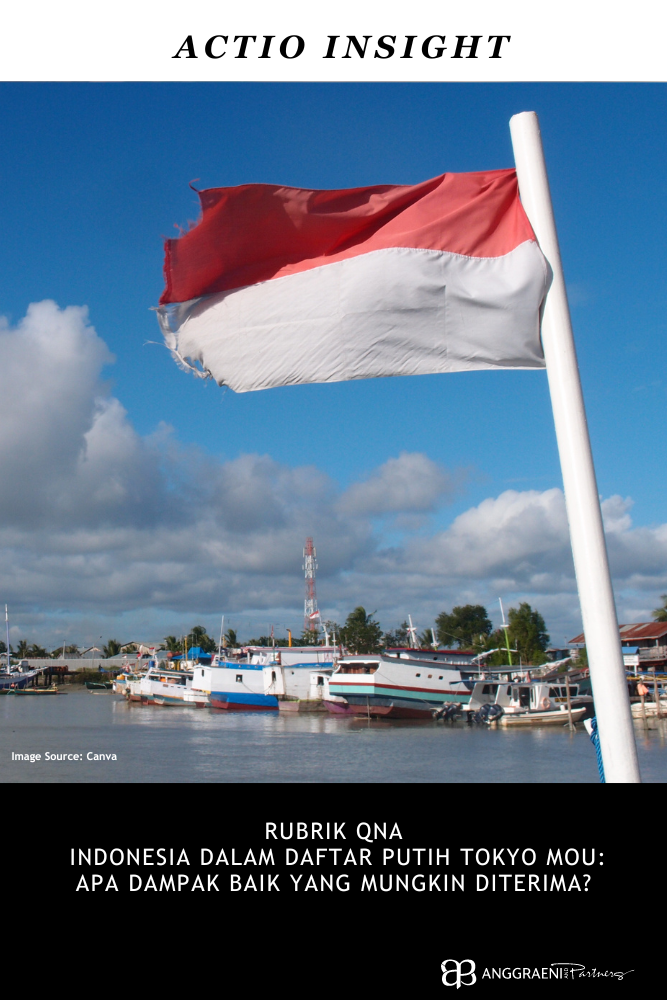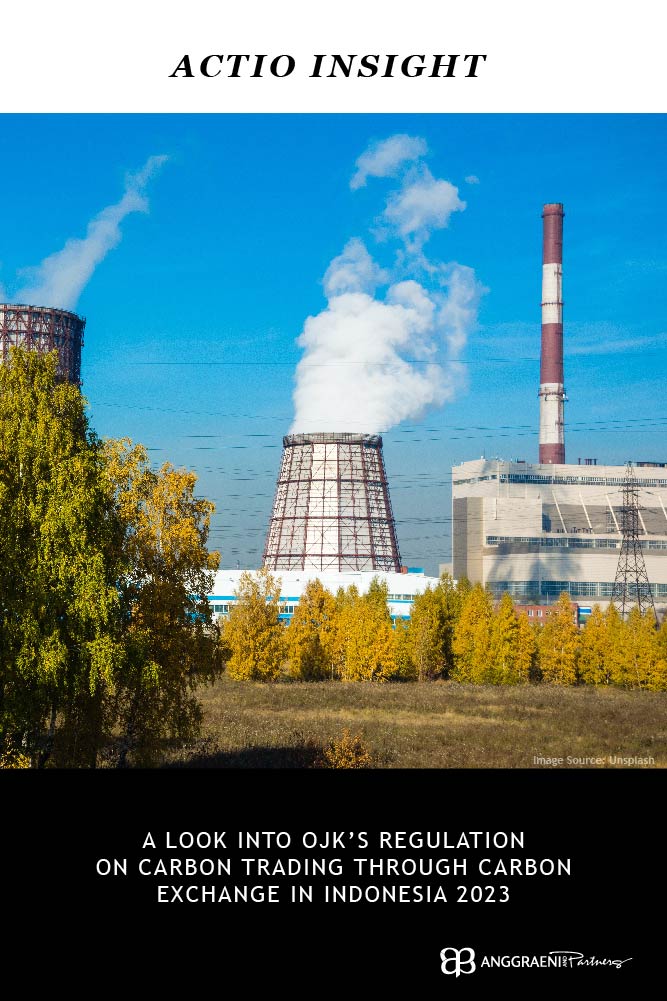- Home
- Capabilities
- ACTIO® Hub
- About Us
- Connect with Us
- AP Library
The Covid-19 pandemic has caused the tourism sector to be significantly affected, both in the form of a decline in global tourist arrivals, and local domestic visitors at tourist attractions. This then prompted the government to establish an industrial strategy to support the sustainability of the tourism sector during the pandemic. On 26 October 2020, the Ministry of Tourism and Creative Economy (“Kemenparekraf”) issued Minister of Tourism and Creative Economy Regulation Number 13 of 2020 concerning Standards and Certification of Hygiene, Health, Safety, and Environmental Sustainability of the Tourism Sector During the Handling of the 2019 Corona Virus Disease Pandemic (“Permenparekraf 13/2020”).
The main policy of Permenparekraf 13/2020 is the Certification of Hygiene, Health, Safety, and Environmental Sustainability (“Certification”), which is the process of granting certificates to Tourism Businesses, Tourism Destinations, and other Tourism products to provide guarantees to tourists for the implementation of Hygiene, Health, Safety, and Environmental Sustainability in accordance with existing Health protocols and guidelines in the context of preventing and controlling the Corona Virus Disease 2019.
The certification is available to (i) tourism businesses; (ii) tourism destinations; and (iii) other tourism products, which must fulfil the (i) dimensional standards (cleanliness, health, safety, environmental sustainability); (ii) standard criteria (management/ governance; readiness of human resources; participation of visitors/guests/users/other parties); and (iii) standard indicators as provided in detail in Attachment I of Permenparekraf 13/2020.
The stages of the certification are:3
The Minister of Tourism and Creative Economy will then issue a ‘I do Care’ label to the Tourism Businesses, Tourism Destinations, and other Tourism Products that have obtained the Certification.9 Tourism Businesses, Tourism Destinations, and other Tourism Products that receive the ‘I do Care’ logo may use each of their products and services for tourism promotion purposes with the shape, color, and dimensions of the ‘I do Care’ logo that have been determined by the Minister of Tourism and Creative Economy.
In conclusion, Permenparekraf 13/2020 has regulated the procedures, requirements, and supervisory mechanisms for the granting of Certification to businesses, destinations, and tourism products, which also regulates the details of the procedures that must be conducted by tourism businesses, such as the obligation to check body temperature, the obligation to provide information about Covid-19 test results and the obligation to provide previous travel history. Ultimately, the implementation of this regulation for more than 1 (one) year has supported the tourism sector to gradually improve. KBA/FDH/HES


